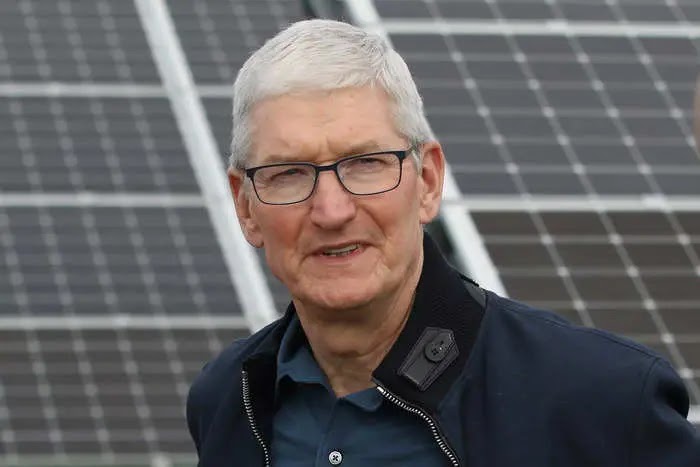Apple CEO Tim Cook's comments years ago did nothing but cause great harm to the company.
The tech giant has agreed to pay $490 million to settle a class-action lawsuit filed against the company by shareholders in 2019, according to a proposed settlement filed in a California court on Friday.
According to Reuters, the deal would give Apple about two days of profit, which will report net income of $97 billion in 2023. However, for Cook's comments, this is a costly outcome.
In their original lawsuit, the investors accused Cook of making false statements about the company's sales in China in a 2018 earnings release.
In a conference call on November 1, 2018, Cook told investors that Apple was struggling in markets such as Brazil, India, Russia and Turkey.
But he added: “I wouldn’t put China in that category.”
During the call, Cook also said: “Business in China was very strong last quarter. We grew by 16 percent and we are very happy about that. The iPhone in particular has developed very well in China. “We achieved a very good value,” he said. Report.
But just a few days later, Apple asked its suppliers to cut production, according to Reuters.
Then, in early 2019, Apple announced a significant downward revision to its sales forecast for the first quarter of the year. Apple lowered its forecast for the quarter this year to $84 billion, down 7.6% from its $89 billion forecast to $93 billion.
And contrary to what Mr. Cook said several months ago, the company attributed some of the decline to weak sales in China, where trade tensions with the United States were high.
Cook's false and misleading comments on the November call "caused Apple stock to trade at an artificially high price, and when the true facts became known, Apple stock plummeted," the investors said in court papers.
In the lawsuit, Apple denies wrongdoing and says it acknowledges that "further litigation would be lengthy, burdensome, costly and distracting."
The settlement must still be approved by U.S. District Judge Yvonne Gonzalez Rogers.
The plaintiffs and Apple representatives did not immediately respond to BI's request for comment.






0 Comments